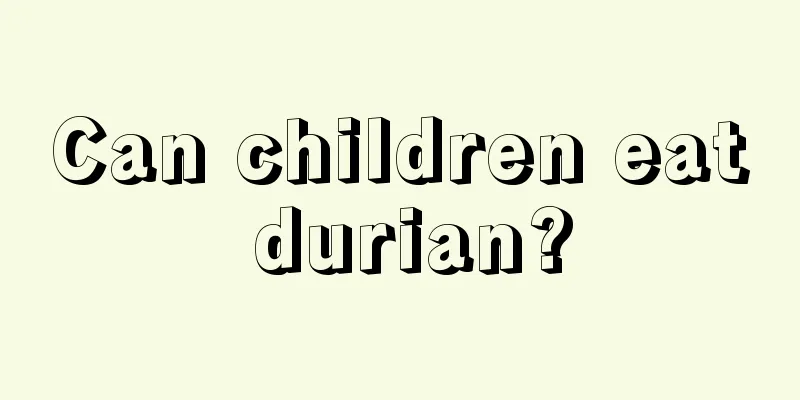Why does my baby have phlegm in his throat when feeding?

|
The baby's physical health is a very important matter in the eyes of parents, because the baby's development depends entirely on a healthy body, and any problems with the baby's body will lead to hindered development. For example, many babies have unusual sounds in their throats when they are feeding. This sound is similar to the sound of phlegm. Let’s take a look at the explanation of why babies have phlegm sounds in their throats when they are feeding. I hope parents can understand this. Babies are not prone to catching colds in the first 6 months of life because they still have antibodies from their mothers in their bodies. However, their resistance weakens after 6 months. Although newborn babies are less likely to get sick, a common condition for newborns is loud breathing, phlegm in the throat, and a "whooshing" sound accompanied by breathing vibrations. Because the oral and nasal cavities of newborns are narrow, and the nasal mucus is secreted, the respiratory tract is easily blocked, making the breathing sound louder and even causing phlegm in the throat. It is quite common for newborns to have sputum sounds in pediatrics. Improper diet or illness can cause increased sputum or difficulty breathing, resulting in sputum sounds. It is recommended to go to the hospital first to check if there are any respiratory infections such as pharyngitis or tracheitis. If not, it is not a big deal. You can adjust your own diet first, such as not eating too greasy or spicy foods. After feeding, feed a little warm water and observe whether there are still sputum sounds. Suggestions : Another situation is that the baby's swallowing function is not good. Adults will naturally swallow saliva to keep the throat dry; but babies cannot control it, so saliva will flow out or remain in the throat, causing the respiratory airflow to be blocked and the breathing sound to become louder. But this is a normal phenomenon and will improve about 4 to 5 months after birth. You can dip a cotton swab in a little water and put it into the baby's nasal cavity or use a nasal aspirator to clean it. If you find mucus or secretions in your baby's nose, you can shine a flashlight on it first, then use a cotton swab dipped in water to remove it. |
<<: What should I do if my baby has a red buttock pain due to wearing diapers?
>>: What are the reactions of children when feeding?
Recommend
What are the reasons why babies have trouble falling asleep?
Baby development is very important and is also an...
What can’t babies with tracheitis eat? Beware of cold foods
Adults with bronchitis must learn to avoid certai...
What should I do if my baby has a lot of milk curds in his stool?
Parents should be very careful with newborns who ...
How to treat hunchback in children?
Hunchback is a very common phenomenon in our live...
Newborn baby's frightened behavior
The living environment of a newborn must be quiet...
Breast development in third grade girls
Girls in the third grade are generally around ten...
Why does my baby feel restless when sleeping during the day?
Babies like to sleep when they are young, and par...
What's the matter with the little red spots on my face that itch a little?
There are small red spots on the face and they ar...
How to treat foamy poop in three-month-old baby
The baby's health is a matter of particular c...
The baby has a brown birthmark on his face, and laser treatment is effective
Many babies have brown birthmarks on their faces ...
When does the hair on the baby's ears fade away?
After the baby is born, there will be a lot of ha...
When praising children, try to avoid using "you are awesome"
Key points: "Baby is great", this kind ...
Can the green stool problem of babies be relieved?
The baby's feces sometimes turn green. Mother...
What is the reason for the white spots on the fingers of a seven-month-old baby?
The baby is everything in the mother's life, ...
Causes of high hemoglobin in newborns
Many parents will take their children to the hosp...









